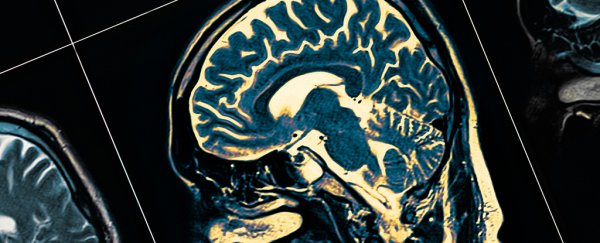Parkinson's disease is a degenerative neurological disorder that mostly affects a person's motor functions along with thinking, mood, and, in later stages, memory. People with Parkinson's typically experience a tremor in their hands, arms, legs, and jaw, as well as rigidity and difficulty controlling fine movements.
Parkinson's disease affects roughly 13 out of every 100,000 people, or roughly 4 million individuals worldwide. As a progressive disease, it's a statistic that is sure to grow in numbers as early diagnosis improves and the world's populations age.
What causes Parkinson's disease?
Parkinson's disease is caused by a slow loss of dopamine-producing neurons in an area of the middle of the brain called the substantia nigra. The death of these and other supporting tissues increasingly affects areas of the brain connected to this key information-processing region, leading to symptoms.
The causes and processes responsible for the destruction of the neurons aren't fully understood, though a complex mix of genetic factors and environment is most likely. Men are slightly more likely to develop symptoms, especially if they're over the age of 60.
Protein deposits called Lewy bodies have been seen in dead and dying dopamine-producing neurons, yet their precise role in the disease's progress isn't known.
Parkinson's disease itself isn't considered intrinsically fatal, though it does dramatically impact quality of life; the condition also increases the risk of falls and development of complications that double its mortality rate.
Currently, Parkinson's disease has no cure, though its symptoms can be managed through medication, physiotherapy, and in extreme cases, surgically implanted electrodes deep inside the brain.
All topic-based articles are determined by fact checkers to be correct and relevant at the time of publishing. Text and images may be altered, removed, or added to as an editorial decision to keep information current.
